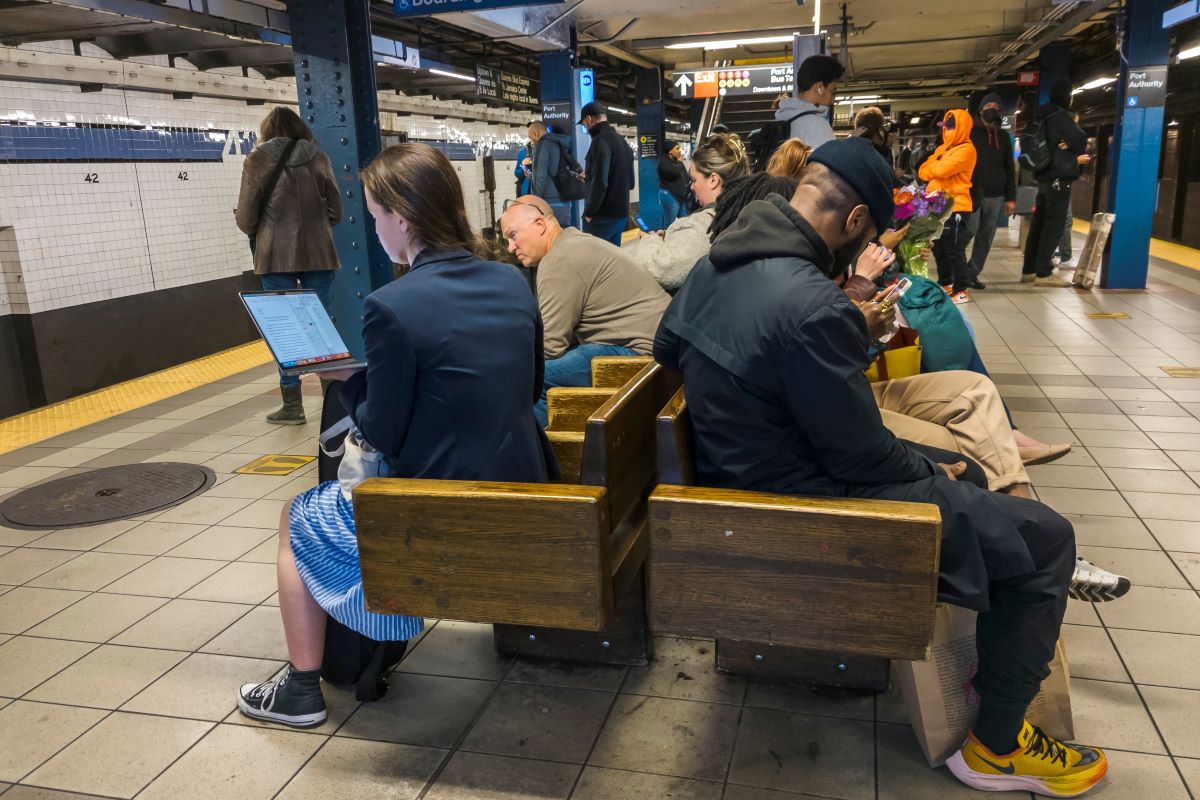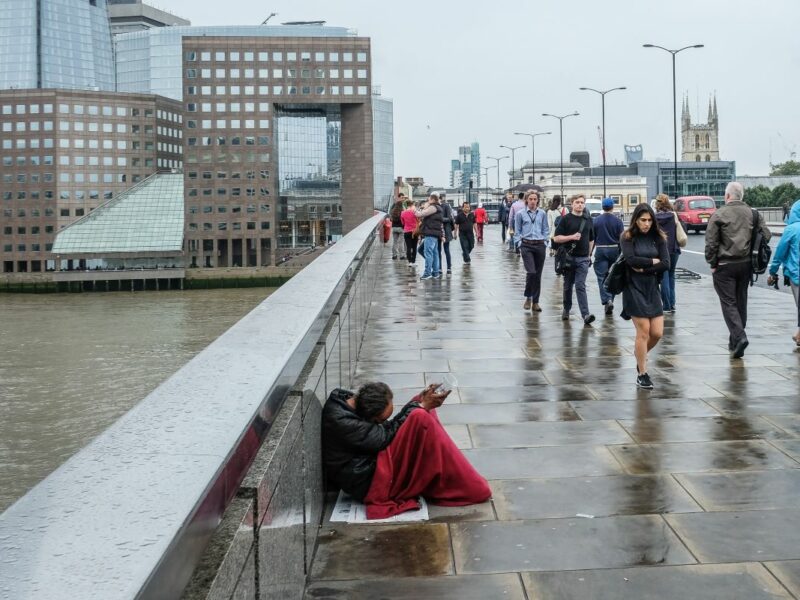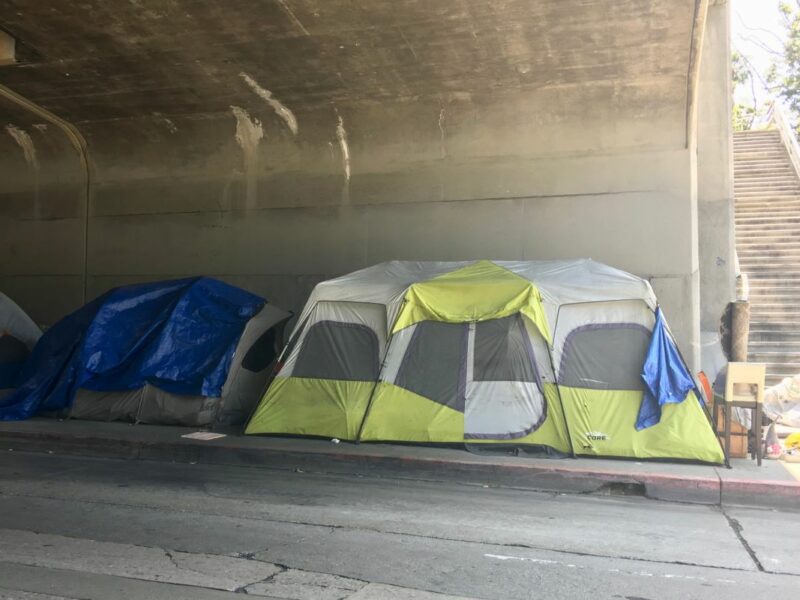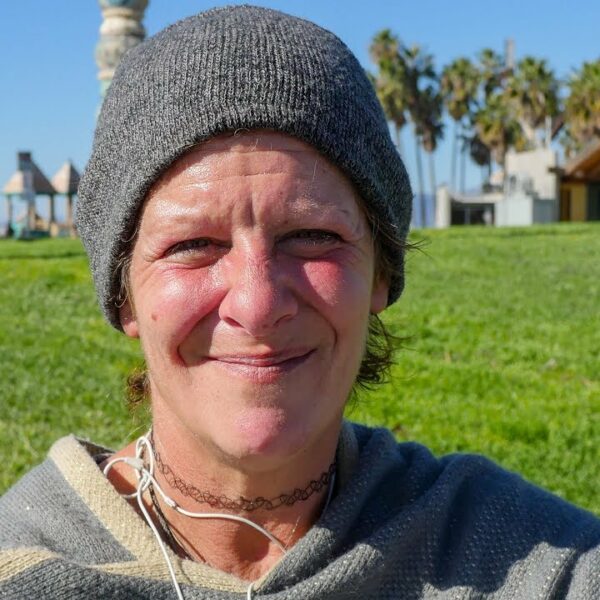The Metropolitan Transportation Authority (MTA) will now fine $50 if people sit more than 90 minutes on the subway benches within their newly opened Grand Central Madison Station.
The MTA officials have declined to state the justification for the rule on the record, stating the seating area exists for those waiting for trains and no one should be waiting more than 90 minutes at the terminal before boarding. However, advocates have pointed out that this policy is intended to ensure homeless people do not stay in the newly opened station.
The significant issue here is that the New York City establishment has chosen to criminalize homelessness instead of finding a strategy to help homeless people and decrease homelessness.
This is not the first time New York City has shown its contempt toward unhoused people. During the COVID-19 crisis, some city residents vehemently opposed unhoused people staying in motels so they could safely quarantine.
More Productive Ways to Address Homelessness in Transportation Hubs
While MTA chooses to criminalize homeless people, other train stations have shown a more practical approach to addressing homelessness.
The South Station in Boston allows homeless people to stay inside the stations during extreme weather. The change was made after the station received significant backlash against its decision to close all stations after 11 pm, including severe weather.
The Bay Area Rapid Transit (BART) in San Francisco wants to open a nonprofit organization focused solely on helping unhoused people living near their train stations. BART Board Member Janice Li said, “BART on our own is never going to solve the homeless crisis, but we’ve also taken a strong stance that we can’t just look away.”
Rather than criminalizing homelessness, these transportation hubs provide homeless people with the necessary support while treating them more compassionately.
Meanwhile, New York City Has Chosen Fear Over Hope, Again
With all available resources, MTA could have chosen a solution that benefited homeless people who rest in subways and general commuters. But by choosing to criminalize homelessness, the message sent is people experiencing poverty and homelessness are not worthy of seating.
The city, which the world admires for its magnificent infrastructure, cosmopolitanism, and high energy, has chosen fear over hope for improving conditions for homeless people. Unfortunately, the city has made a pattern of it.
During the COVID-19 crisis, around 13,000 homeless people resided in hotels because of the lockdowns. However, New York residents living near the hotel wanted the homeless people evicted because they feared people experiencing homelessness could create problems.
Some people even accused the temporary residents of disposing of needles outside the hotel, which later proved false.
The sheer arrogance of some New York residents at the peak of COVID-19 is appalling. Deeming any human unworthy of physical safety is inhuman in itself.
We Must Stop Criminalizing Homelessness Because It Isn’t a Solution
In order to address homelessness, everyone must see the impact of the crisis – that means confronting it everywhere it exists.
Not only is criminalizing homeless people for being too poor to exist in public horrifying, but it also hides the gravity of the crisis, giving the illusion that society is making headway in ending homelessness when, in fact, it is getting worse.
Our top priority must be changing policies, which means generating awareness, educating the public, and changing the narrative of homelessness.
As one of Invisible People’s key writers, Loki, beautifully puts it:
“One of the most important steps in solving homelessness is lifting the veil and letting the public see us as real, living, actual people with real stories to tell, real needs to be met, and real hopes, just like anyone else.”













